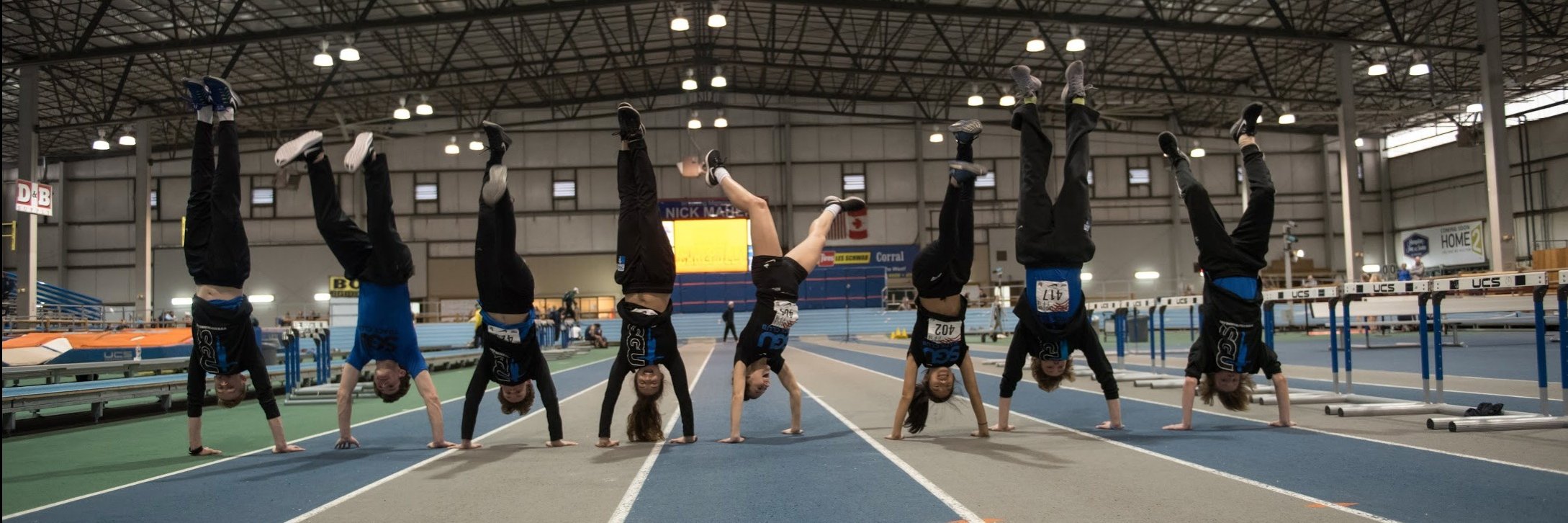
Erica Chiang
@ericachiang_
Second-year PhD student @cornell_cs | @SCSatCMU ‘23 | @ http://ericachiang.bsky.social
I’m really excited to share the first paper of my PhD, “Learning Disease Progression Models That Capture Health Disparities” (accepted at #CHIL2025)! Link and summary in thread✨1/
I can’t believe I’m saying this: our work received a Best Paper Award at #CHIL2025!! So so excited and grateful 🥰 Looking forward to day 2 of the conference with these awesome people :)
I’m really excited to share the first paper of my PhD, “Learning Disease Progression Models That Capture Health Disparities” (accepted at #CHIL2025)! Link and summary in thread✨1/
I wrote about science cuts and my family's immigration story as part of the McClintock Letters initiative. Haven't yet placed it in a Houston-based newspaper but hopefully it's useful here gargnikhil.com/posts/20250614…
New work 🎉: conformal classifiers return sets of classes for each example, with a probabilistic guarantee the true class is included. But these sets can be too large to be useful. In our #CVPR2025 paper, we propose a method to make them more compact without sacrificing…
I’m stoked to share our new paper: “Harnessing the Universal Geometry of Embeddings” with @jxmnop, Collin Zhang, and @shmatikov. We present the first method to translate text embeddings across different spaces without any paired data or encoders. Here's why we're excited: 🧵👇🏾
The US government recently flagged my scientific grant in its "woke DEI database". Many people have asked me what I will do. My answer today in @Nature. We will not be cowed. We will keep using AI to build a fairer, healthier world. nature.com/articles/d4158…
check out the findings from our #dogathon 😍🐶 !!
Our lab had a #dogathon 🐕 yesterday where we analyzed NYC Open Data on dog licenses. We learned a lot of dog facts, which I’ll share in this thread 🧵 1) Geospatial trends: Cavalier King Charles Spaniels are common in Manhattan; the opposite is true for Yorkshire Terriers.
New paper/code! Sparse Autoencoders for Hypothesis Generation HypotheSAEs generates interpretable features of text data that predict a target variable: What features predict clicks from headlines / party from congressional speech / rating from Yelp review? Our method has three…
💡New preprint & Python package: We use sparse autoencoders to generate hypotheses from large text datasets. Our method, HypotheSAEs, produces interpretable text features that predict a target variable, e.g. features in news headlines that predict engagement. 🧵1/
Please retweet: I am recruiting PhD students at Berkeley! Please apply to @Berkeley_EECS or @UCJointCPH if you are interested in ML applied to health, inequality, or social science, and mention my name in your app. More details on work/how to apply: cs.cornell.edu/~emmapierson/
My NSF CAREER proposal was just awarded! Excited to continue our work on data science/AI/operations for the public interest, especially w/ govt agencies to reduce disparities. Thankful to my students/mentors/collaborators @cornell_tech @Cornell @Stanford and beyond!
1 down, N-1 to go… Moving from Ithaca to NYC today, which marks the end of my first year as a PhD student! This year in Ithaca has been full of wonderful friends and lots of growth :) Excited for the rest! 🌃
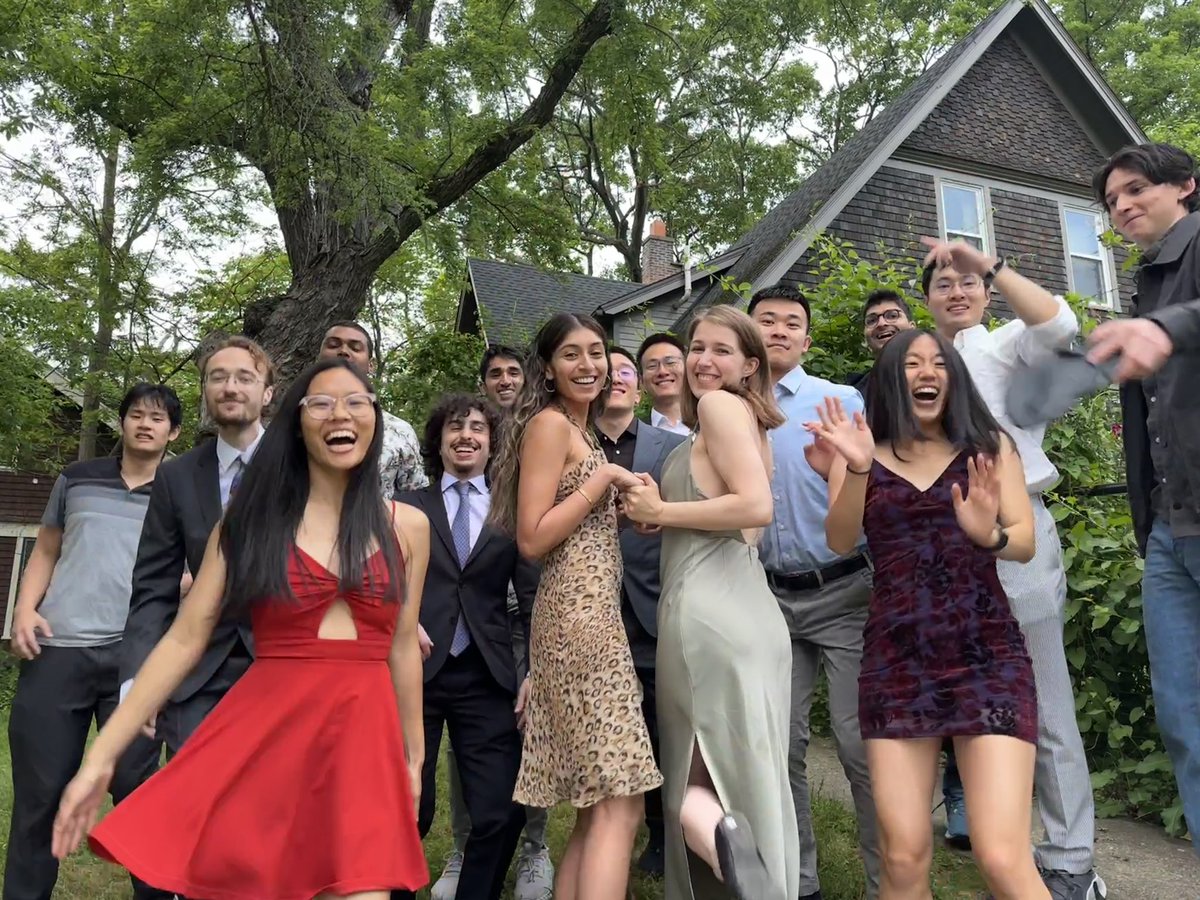
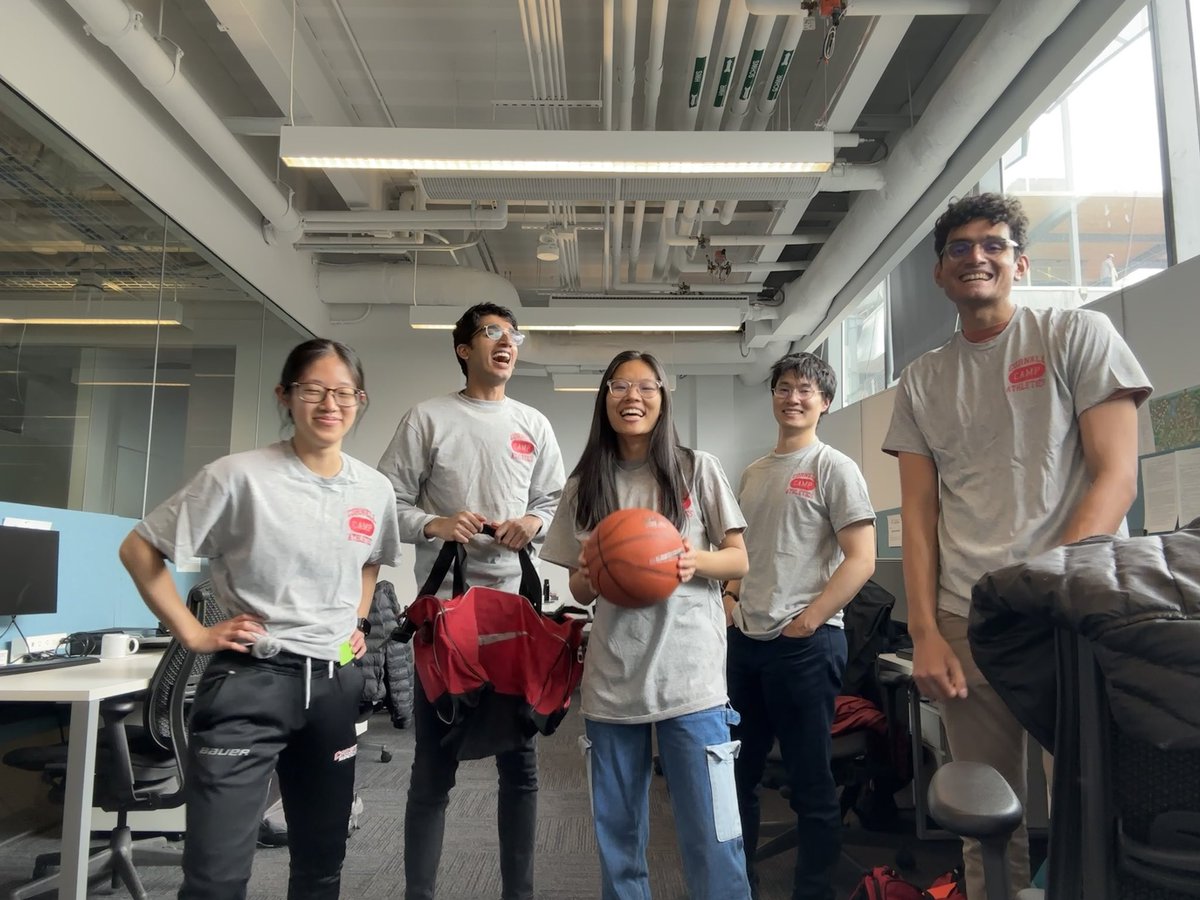
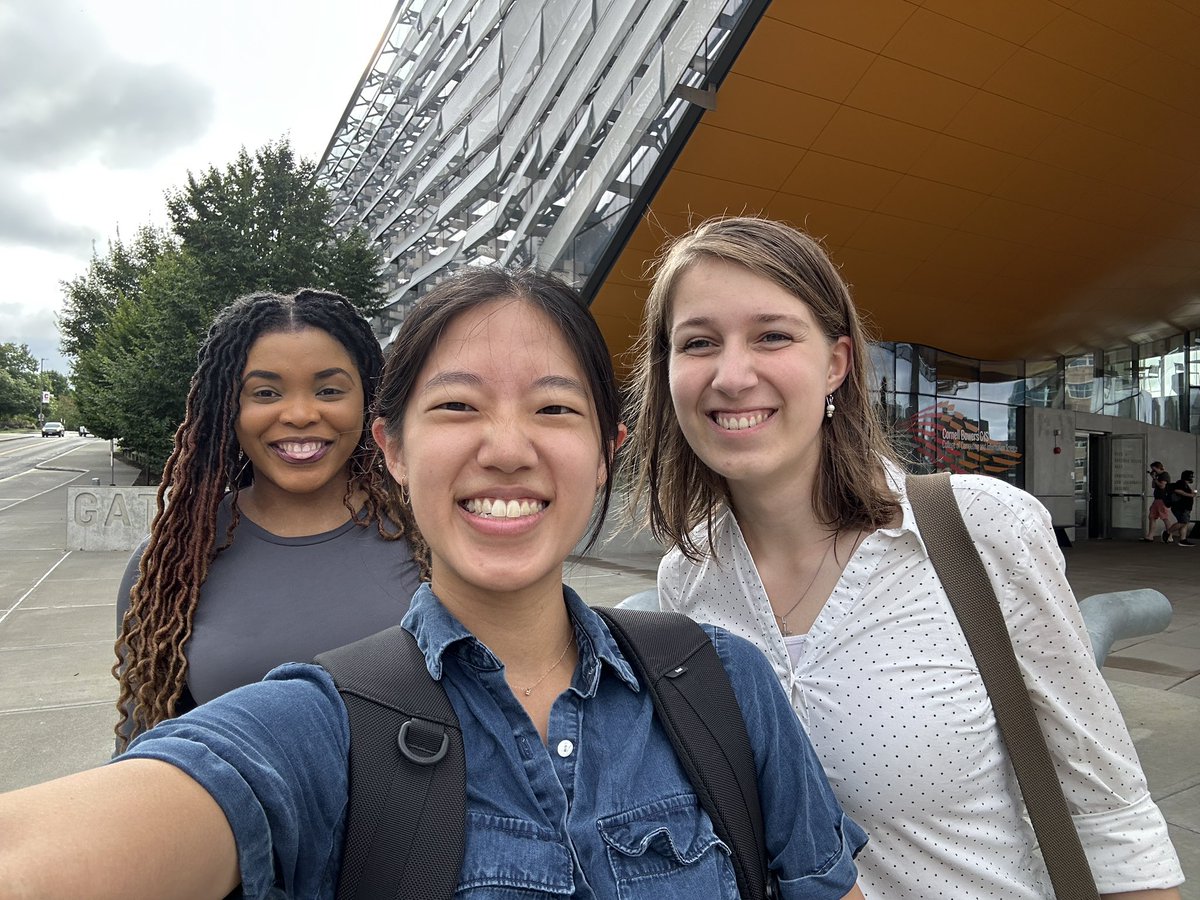
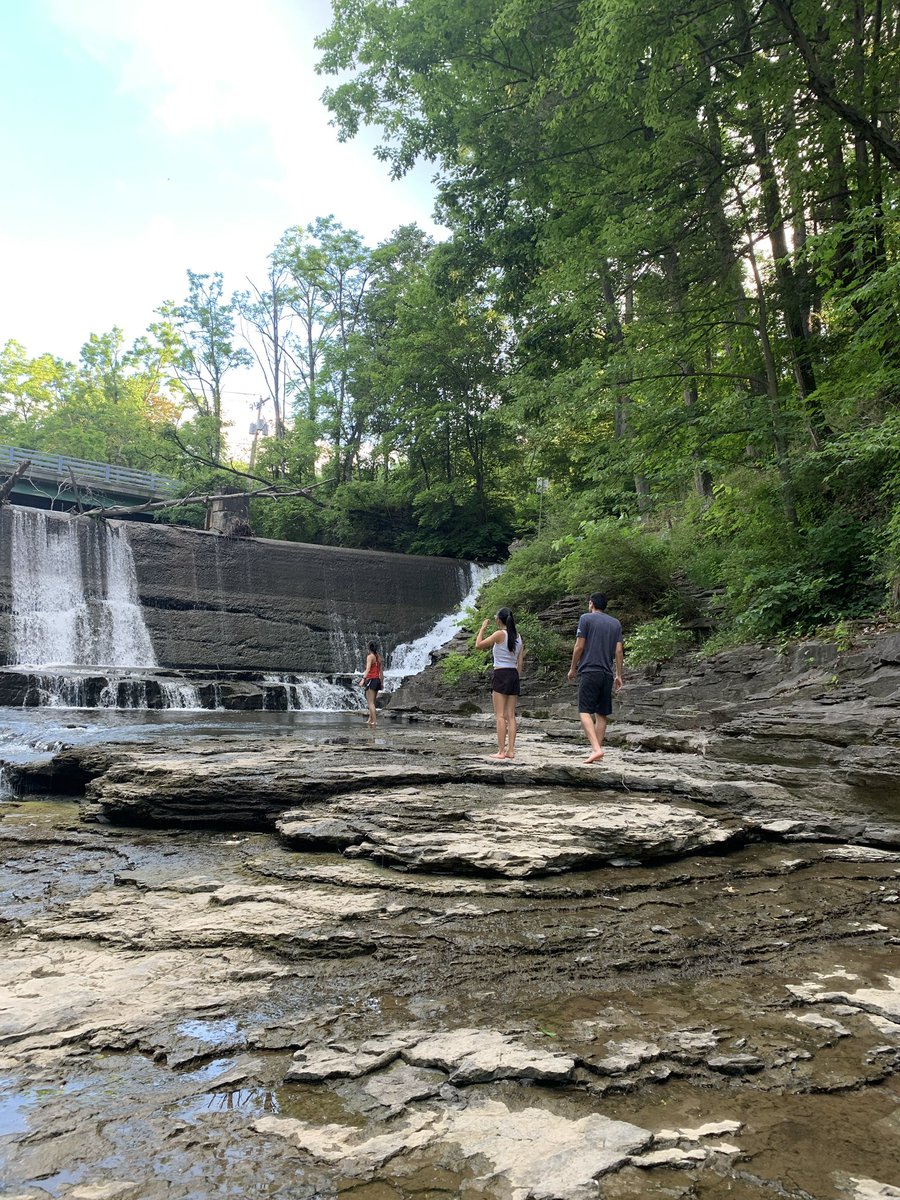
It’s an honor to have been named a “rising star” by Stanford in management science and engineering, and to be featured on the @cornell_tech website :)
Excited to share a new framework to design provably efficient inverse reinforcement learning algorithms, to appear at #ICML2024. Special thanks to all my collaborator, especially @g_k_swamy for his incredible mentorship! Check out his tweet for more info!
It took a lot of work over multiple years but I'm proud to be able to finally share my first #ICML2024 paper: a new, fundamental framework for designing efficient inverse RL algorithms that we're in the process of scaling to real robots: gokul.dev/hyper/! 1/